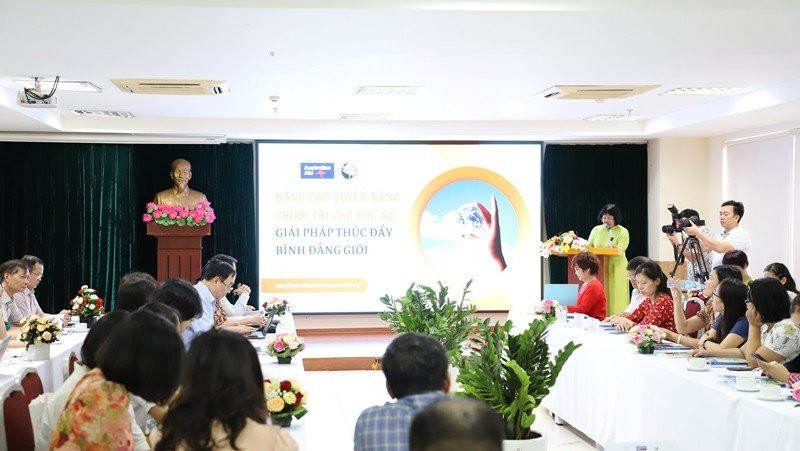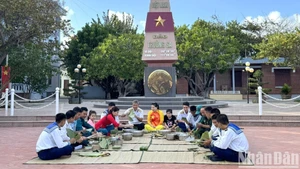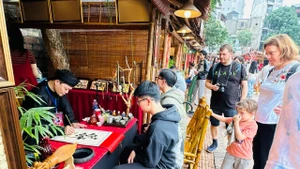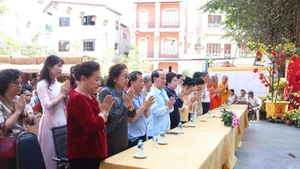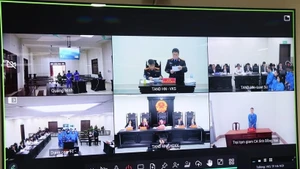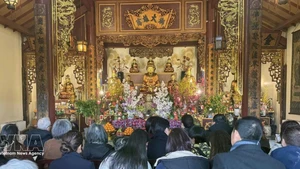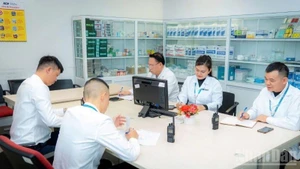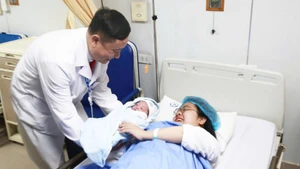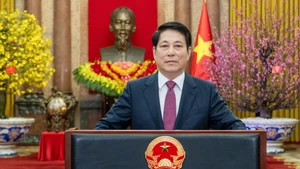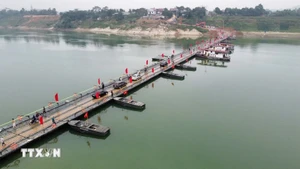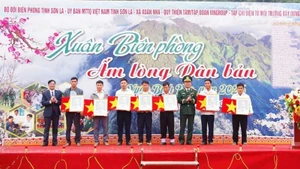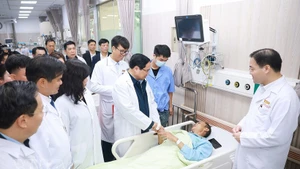On August 21, in Hanoi, the Vietnam Women's Academy in collaboration with the Australian People for Health, Education and Development Abroad (APHEDA), held a workshop on "Enhancing political power for women - Solutions to promote gender equality”.
The workshop aimed to discuss theoretical and practical issues on enhancing political power for women, propose solutions to promote the role and position of women in the political field and contribute to achieving gender equality and sustainable development.
The event also targeted to strengthen academic exchanges between lecturers and researchers of the Vietnam Women's Academy and scholars researching related topics, as well as introducing the academy’s Scientific Research Journal, which publishes articles with high scientific content from domestic and foreign researchers.
Presentations at the workshop focused on discussing the role and voice of female deputies to the National Assembly and People's Councils at all levels; current status and solutions to enhance women's political power to promote gender equality in the current period; other content related to women's rights and role in the political field.
Various prejudices against women
According to the report from the Institute for Family and Gender Studies (under the Vietnamese Academy of Social Sciences) presented at the conference, prejudice against female leaders often comes in two forms: less favourable assessment of leadership ability because of the characteristics said to be "woman's", and rated actual leadership behaviours lower than men because women are more suitable in a reproductive role.
These stereotypes have led to the worrying fact that women's access to leadership roles is less than that of men, and they face many obstacles to succeed in their leadership roles.
Citing the report of the ministerial-level project on "Quality of participation of female officials in the political system" in 2019-2020, Dr. Tran Thi Hong from the Institute for Family and Gender Studies pointed out, that the community often considers male officials to be decisive, visionary, confident and dynamic, while female ones need more flexibility, good conciliation capacity and enthusiasm. The head of the grassroots governments and the head of the local party committees should be male cadres, while female ones are more suitable for domestic work.
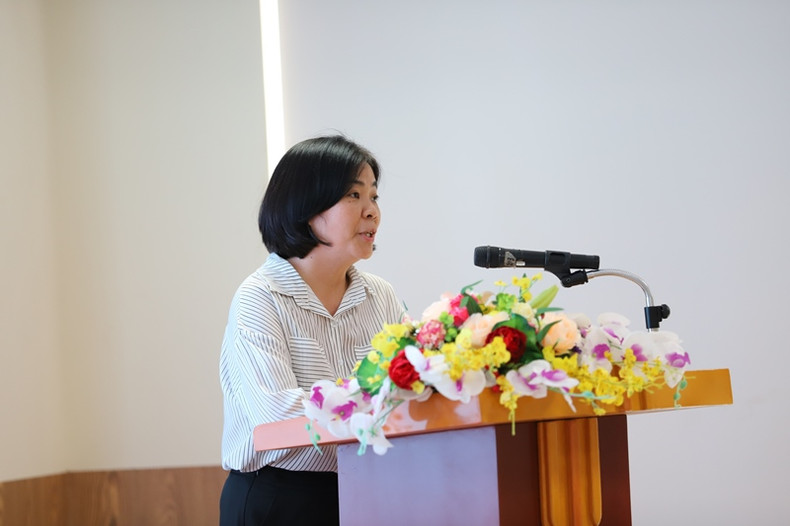 |
| Dr. Tran Thi Hong speaks at the workshop. |
Meanwhile, another study announced at the workshop confirmed that there exists a choice for women between whether or not to participate in politics, and Vietnam has fulfilled many remarkable achievements in this respect. However, the gender gap still exists, and the majority favours women.
The reason for the limitations in women's empowerment in the political field in Vietnam lies in several informal institutions, the ineffective implementation of public policies on gender equality and the gap between policy and practice.
Along with several mechanisms and policies, investment in gender equality work is still inadequate and does not meet the actual requirements on a national scale.
Another important reason that has been pointed out, is that in fact, it is women themselves who are not fully aware of their position and role in the political field.
Strong solutions
At the workshop, participants proposed several recommendations to enhance the position and role of Vietnamese women in the political field, focusing on capacity building and creating opportunities for them to participate in the field.
Regarding women's capacity to participate in politics, Dr. Le Thi Vinh, University of Social Sciences and Humanities, said that the most important factor is to ensure equality of opportunities in learning, thereby improving capacity and enhancing the role of women in development, as well as awareness of their status.
For official institutions, it is necessary to further improve mechanisms and policies on gender equality and ensure effective implementation of such policies, while attaching the responsibility of gender mainstreaming to decision-makers and heads of agencies and social organisations.
Meanwhile, for informal institutions, it is necessary to promote communications to raise public awareness to gradually remove gender stereotypes against women in the political field.
According to Dr. Phan Thuan, Academy of Politics Region IV, in addition to promoting the leaders' role in the implementation of regulations, as well as specific action plans for women's political participation to ensure gender equality in the political field, it is necessary to review and perfect regulations that lack gender sensitivity, in addition to strengthening inspection and supervision of the performance of works related to female officials.
The seminar received a total of 80 registrations of scientific articles. The articles have been reviewed through two rounds of independent review, from which 26 with diverse approaches were selected to be published in the Journal of Science of the Vietnam Women's Academy under the theme: "Enhancing political power for women - Solutions to promote gender equality".
